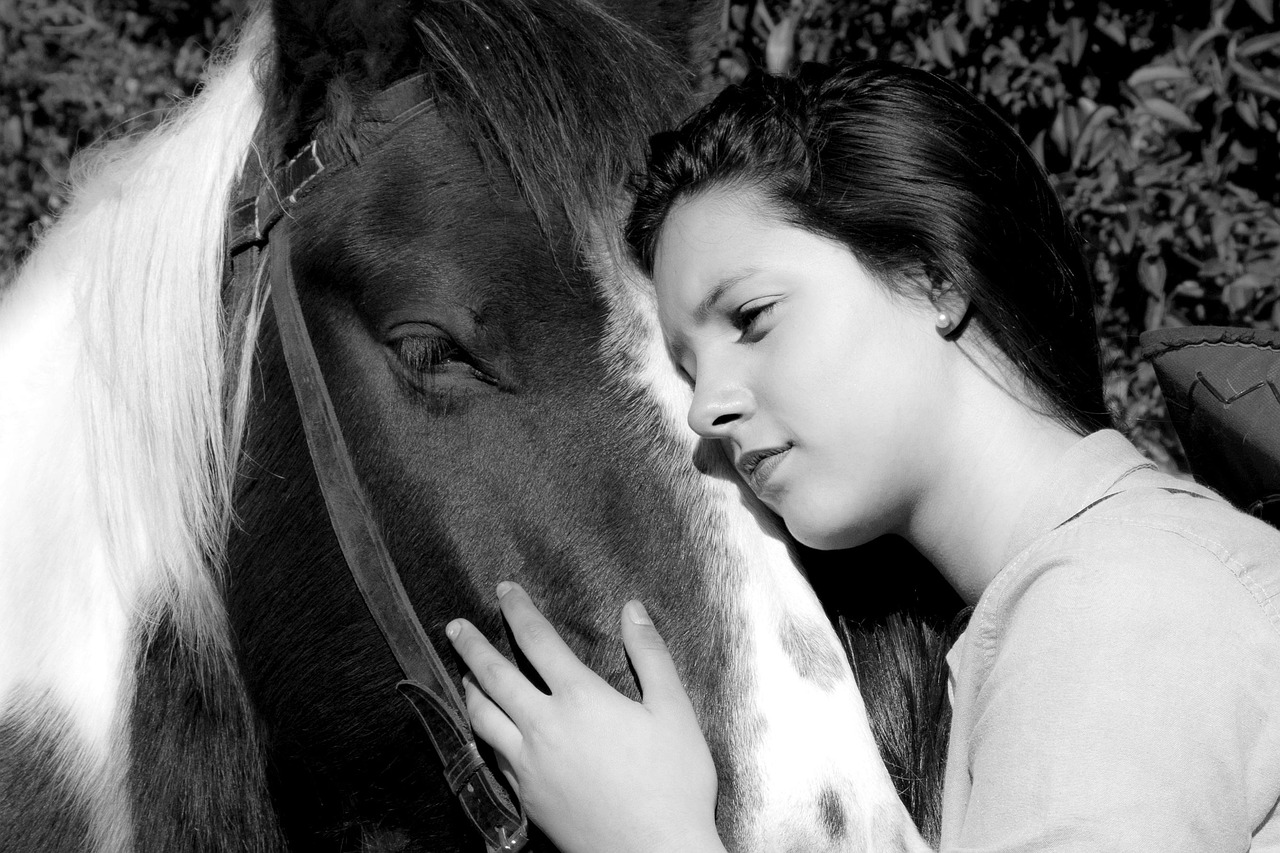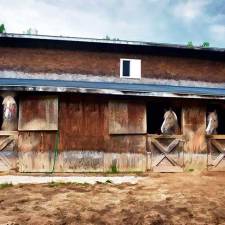
When you finally realize the horse you love isn't right for you, it can be heartbreaking. You're not alone. It's something many horse owners face. The most important thing to remember is that it's okay to admit a horse isn't the right fit. It doesn't mean you've failed as a rider or owner. The goal is to find a situation where both you and the horse can thrive.
Here's a step-by-step guide on what to do if your horse isn't suited for you.
1. Assess the Situation and Be Honest with Yourself
- Identify the specific issues: What exactly makes your horse a poor match? Is it a skill gap (e.g., the horse is too green, too hot, or requires a more advanced rider)? Is it a personality clash? Does the horse have health issues that you can't manage? Is it a size or strength issue? Be specific and honest about the reasons.
- Consult with professionals: Talk to your trainer, barn manager, or a trusted equine professional. They can provide an objective assessment of your partnership and offer valuable insights. Their experienced eyes can help you determine if the problem is solvable through training or if a change is needed.
- Consider a trial period: If you're a new owner, it might be that you're just adjusting. Give it a reasonable amount of time (e.g., 60-90 days) to see if you can work through the issues. Sometimes, a new routine and bond can make all the difference.
2. Explore Training and Management Solutions
Before you decide to sell, consider if there are ways to make the partnership work.
- Intensive training: Could a few months of professional training for you and your horse solve the problem? A professional can help you develop the skills needed to ride your horse safely and effectively.
- Leasing options: If your horse is sound and has skills you don't need or can't manage, consider leasing the horse out to a more experienced rider. This keeps the horse in your care but allows them to be ridden and exercised appropriately. It also gives you time to focus on your own riding on a different horse.
- Lesson programs: If you believe your horse would be a great fit for a lesson program, you could lease them to a local stable. This is often a great option for horses that are safe and reliable but no longer challenge you.
3. Explore Rehoming Options
If you've determined that the horse is truly not the right match, it's time to consider rehoming. This is a big decision and should be approached with a clear plan.
- Selling the horse: Be honest in your advertisement: Never hide the horse's issues. State its temperament, skill level, and any known health problems clearly. This ensures the horse goes to an owner who can handle them and prevents the horse from being passed from home to home.
- Use your network: Talk to your trainer, vet, and other professionals. They often know people looking for a horse like yours.
- Write a detailed sales contract: This should include a vetting clause, a trial period, and details about the sale price.
- Leasing the horse with a purchase option: This is a great way to rehome a horse. It allows a potential buyer to have a long-term trial period before they commit to buying the horse.
- Donating or rehoming to a specific program: If you have a horse with specific skills, they may be a good fit for a therapeutic riding center, a lesson program, or a college equine program.
4. The Next Steps
- Take your time: This isn't a decision to rush. Don't sell your horse to the first person who offers you money. Do your due diligence and find a good, safe home.
- Plan for your next horse: If you plan to buy another horse, take the time to evaluate what you need in your next partner. What went wrong this time? What qualities do you need in your next horse to be successful and happy? Consider a long-term lease or a shorter-term lease with an option to buy to ensure the next horse is a good fit.
- Process your feelings: It's normal to feel guilt, sadness, or frustration. You've invested time, money, and emotion into this horse. Be kind to yourself, and remember that you're making the best decision for both of you.
We hope this helps all horse owners who are struggling and can provide guidance for moving forward in a way that's best for you and your horse.
You can find more informative articles in our section on Recreation & Lifestyle. Take a look at our Curated Amazon Store for our selections in a wide variety of categories!












